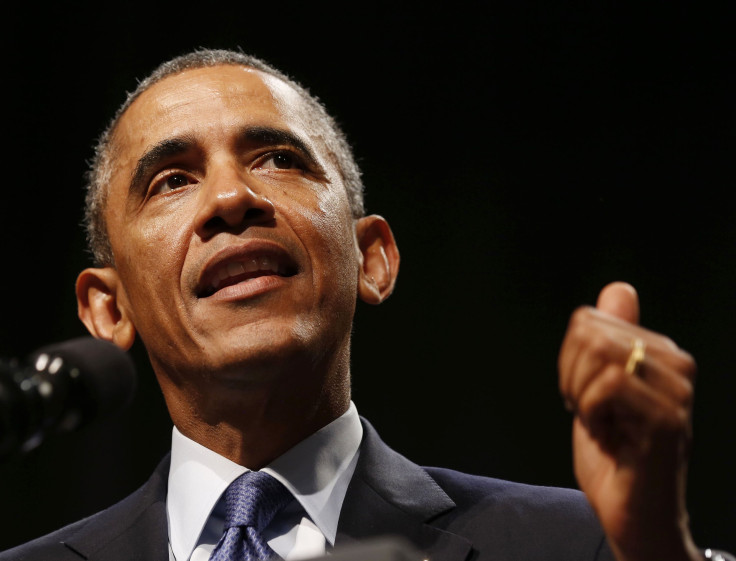September Jobs Report: Why The Strong Jobs Report Is Too Late To Help Democrats

The government’s jobs report, which was released Friday and came in stronger than expected, is the last before the midterm Congressional elections in November. But despite the report's encouraging numbers, the news may be too late to help Democrats at the polls, experts say.
The Labor Department reported that unemployment in September dipped to 5.9 percent, a six-year low. The economy added a net 248,000 jobs, above the average 213,000 jobs added in each of the previous months this year, and full-time job creation is outpacing part-time.
But most voters gauge the economic recovery as mediocre at best, leaving economists and pollsters to wonder if people are simply missing the data or if the data is missing the people.
A recent Politico poll of more than 900 likely voters found that nearly a third of Americans said their personal financial affairs are worse than they were a year ago. Only 26 percent said they had improved. According to a Gallup poll, only about 35 percent of Americans approve of Obama’s handling of the economy.
“Typically voters have a perception about the economy going into the election, and the sort of recent facts on the ground don’t change that unless it makes a difference in their lives,” Lara Brown, director of the Graduate School of Political Management at George Washington University, said. “If this report came in July, maybe Democrats could have built up a sustained message.”
“Most voters feel the economy is not growing much,” Michael Barone, senior political analyst for the Washington Examiner and fellow at the American Enterprise Institute, said in an email. The report will “not make a big difference” to midterm elections, he said.
When Mitt Romney campaigned for president in 2012, he frequently asked voters to consider whether they were better off then than before Obama became president. House Speaker John Boehner, R-Ohio, tried a similar strategy Friday. He said that only Republicans offer “real solutions” to help people get back to work and that dozens of good jobs bills are stuck in the Senate, which the Democrats control. He didn’t acknowledge the drop in unemployment or rise in full-time jobs. Instead, he said Democrats shouldn’t try to convince Americans that “things are great,” citing flat wages and too many part-time jobs.
But six years after his first election, Obama is raising the same question. In a speech Thursday, Obama said it’s “indisputable” that the American economy is stronger now than it was when he took office in January 2008. But many Americans don’t feel the recovery yet in their own finances and, as Obama acknowledged, that’s the challenge Democrats face.
“Even though all the evidence shows job gains continue, a great deal of evidence suggests middle-income families are not as well off financially as they were in 2007, before the Great Recession began,” Gary Burtless, labor economist and senior fellow at the Brookings Institution, said. “Voters typically blame the president's party for that state of affairs, even if the economy is definitely in better shape than it was before the current president took office.”
© Copyright IBTimes 2025. All rights reserved.






















